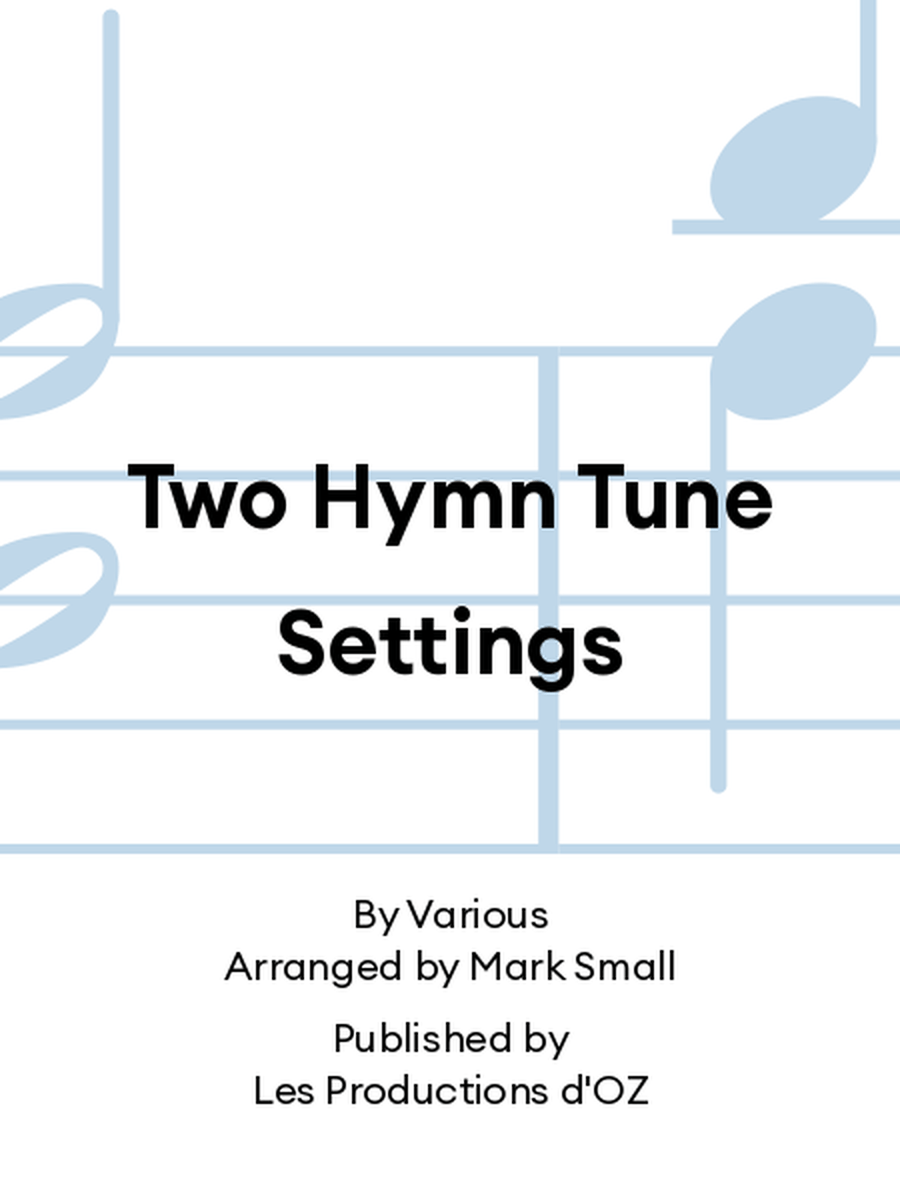Guitar solo - Intermediate
SKU: DZ.DZ-4297
Composed by Various. Arranged by Mark Small. Score. Les Productions d'OZ #DZ 4297. Published by Les Productions d'OZ (DZ.DZ-4297).
ISBN 9782898522147.
These two anthems are among my favorites. "Be Still My Soul" originates from the penultimate chorale section of the tone poem, Finlandia, that Jean Sibelius composed in 1899. Perhaps the best known work by him, Finlandia is a series of six scenarios drawn from the history of the composer’s homeland, Finland. The chorale section took on a life of its own as a vocal piece with patriotic lyrics supplied by the Finnish poet V.A. Koskenniemi. Sibelius created a version for choir in 1948. The religious words sung in English today in many Christian churches are from a translation by Jane Borthwick (1813-1957) of a text by German hymn writer Katharina von Schlegel (b. 1697). My setting is fairly straight forward with an intro, verse, interlude, verse, coda, and a recap of the intro.
In contrast to the reflective tone of "Be Still My Soul," "Come Thou Fount of Every Blessing" is to be played with more energy in keeping with the tenor of the lyrics that celebrate God’s grace and continually-outstretched hand. The melody is based on the hymn tune Nettleton, published by John Wyeth (1735-1790). In this setting, I present the exposition of this memorable tune over a persistent rhythm in the bass that is established in the intro. What follows is a series of variations of the melody, texture, and mood, being contrapuntal at times, homophonic at others, with forays to other tonal centers. Along with the introduction and coda, there are four sections that state the melody and then fragment it while following the original harmonization, but also departing from it at various points. For the final statement of the melody beginning in measure 81, the performer should feel free to play the recap more slowly and deliberately than the first time through. This is an especially effective approach heard in some choral renditions that bring a feeling of grandness to the final section.
Ces deux hymnes sont parmi mes préférés. Be Still My Soul (Reste en paix, mon âme) provient de l’avant-dernier chœur du poème symphonique, Finlandia, que Jean Sibelius a composé en 1899. Peut-être l’œuvre la plus connue de Sibelius, Finlandia est une série de six tableaux tirés de l’histoire de la patrie du compositeur, la Finlande. La section chorale a pris une vie propre en tant que pièce vocale avec des paroles patriotiques fournies par le poète finlandais V.A. Koskenniemi. Sibelius a créé une version pour chœur en 1948. Les paroles religieuses chantées en anglais aujourd’hui dans de nombreuses églises chrétiennes sont issues d’une traduction par Jane Borthwick (1813-1897) d’un texte de l’hymnographe allemande Katharina von Schlegel (née en 1697). Mon arrangement est assez simple avec une introduction, un couplet, un interlude, un couplet, une coda et un rappel de l’introduction.
Contrairement au ton réfléchi de Be Still My Soul, Come Thou Fount of Every Blessing (Viens, source de toutes bénédictions) doit être joué avec plus d’énergie, en accord avec le ton des paroles qui célèbrent la grâce de Dieu et sa main constamment tendue. La mélodie est basée sur l’air de cantique Nettleton, publié par John Wyeth (1735-1790). Dans cet arrangement, je présente l’exposition de cette mélodie mémorable sur un rythme persistant dans la basse établi dès l’introduction. Ce qui suit est une série de variations de la mélodie, de la texture et de l’ambiance, parfois contrapuntique, parfois homophonique, avec des incursions vers d’autres centres tonaux. Avec l’introduction et la coda, il y a quatre sections qui énoncent la mélodie puis la fragmentent tout en suivant l’harmonisation originale, mais en s’en éloignant également à divers points. Pour la dernière déclaration de la mélodie commençant à la mesure 81, l’interprète devrait se sentir libre de jouer le rappel plus lentement et délibérément que la première fois. C’est une approche particulièrement efficace entendue dans certains rendus choraux qui apportent un sentiment de grandeur à la section finale.



